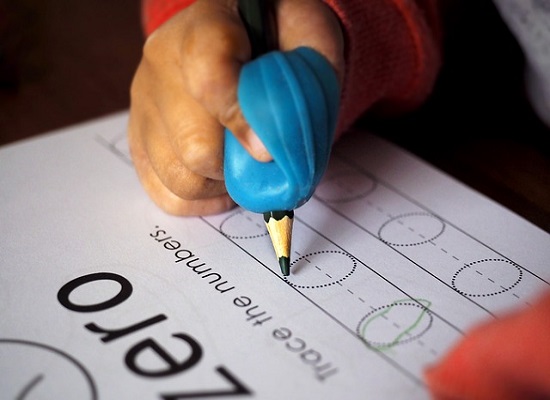

By Titi Solarin
It’s the end of another academic year and report cards have been sent home. A report card or progress report as it is sometimes called is an important tool for communication between the school and parents. Its main purpose is to inform parents about their child’s academic progress.
Every school has a unique format for report writing. Some schools ensure teachers create comments that are tailor made for each child, while others select from a checklist of pre-written comments and use grades to summarise each child’s progress.
The report card is a useful piece of information. Its contents are intended to give parents a summary of their child’s academic performance, strengths and weaknesses, identify problems and proffer timely solutions. It is not a defining factor neither does it determine your child’s success in life.
Let’s discuss the best ways to read and respond to our child (ren)’s report cards.
- An open mind and positive attitude: This is the first step…take a deep breath and relax it’s not the final verdict. Do not get too concerned about grades or the negative reports that you may have difficulty understanding. Instead, focus on the report as a whole, carefully dissect all its contents (academic, social, physical and emotional areas) learn something new and get to understand your child better. Look at the larger picture and think of ways to improve your child’s performance.
-
Every child is unique, different and special. Some bloom very early others later;this is why you should pay attention to yours. Children are constantly learning and a test is not an accurate proof of your child’s abilities and talents.
- Do not compare children:
Every child is unique, different and special. Some bloom very early others later;this is why you should pay attention to yours. Children are constantly learning and a test is not an accurate proof of your child’s abilities and talents. Praise your child’s effort and individual achievements. If the results are not too impressive, it’s time to get more involved and seek for solutions.
- Compare previous report with the current one: It’s a progress report, you should look carefully at the grades and comments in all areas and compare with the previous report to know if there has been improvements or not.Any form of improvement is progress that means you should keep doing whatever it is that gave positive results. Otherwise, parents have to become proactive and get more involved, come up with a plan to help improve your child’s academic experience.
- Talk to the teacher: When you read a report and you do not understand or know how to interpret its contents or meaning you need to talk to the teacher. Teachers often use some educational terms that parents may find hard to understand.A meeting with your child’s teacher would help with clarification and you can discuss at length about your concerns and possible solutions. Parent-teacher communication is very important and contributes to the child’s overall success.
- Take Action: You are your child’s first teacher. Your child’s learning experience should not be at school alone…learning continues at home. The summer break is a fantastic time to work with your children. If you need professional help, get one. Otherwise, go online research, get educational resources and observe your child’s learning style. You need to get involved and make learning fun so you can help close that gap.
-
It’s a progress report, you should look carefully at the grades and comments in all areas and compare with the previous report to know if there has been improvements or not.Any form of improvement is progress that means you should keep doing whatever it is that gave positive results.
In conclusion, the fact of the matter remains that your child is constantly growing and learning. It’s the pace that some of us have an issue with.
Some of us want our children to be the best in everything, projecting our hopes onto them.We want to boast amongst our friends that our kids are the best so we are disappointed when it’s not the case.
Our role as parents is to help nurture and raise our kids to be the best version of themselves. You will find this article which talks about how you can boost your child’s IQ very useful. We must encourage, assist, create an enabling environment, and provide resources for our child to thrive. In addition, you need to look around for the best educational experiences that would help bring out the best in your child. Every child is born with unique gifts and special qualities; we should be filled with grateful for having that child (ren).
So, did you find this tips useful? we would love to hear from you.
Please drop a comment below or email us at info@fabmumng.com
Titi Solarin, is an early years enthusiast and a Montessori directress whose discipline is teaching children between ages of zero to six. She can be reached on @amazingearlyyears on Instagram.



